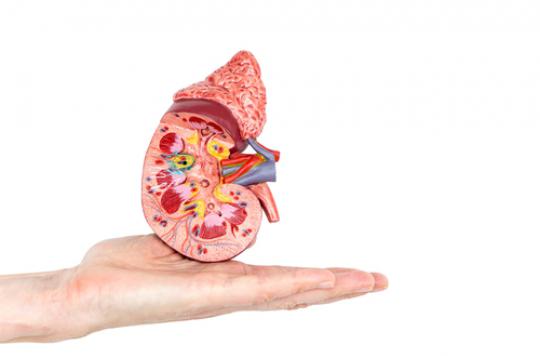The Biomedicine Agency has created an online platform to facilitate the procedures for citizens who do not wish to be candidates for organ donation.

Since 1976 and the Caillavet law, which governs the removal of organs for a transplant, any person eligible for a donation is considered to consent, unless they express a different wish during their lifetime.
To do this, and since this Monday, the biomedicine agency, which manages organ donation in France, has set up a online platform which registers citizens’ refusals, and which greatly facilitates the procedures. People wishing, during their lifetime, to express their choice not to be considered as a donor upon their death, are invited to visit the website of the national refusal register. After completing an administrative form and attaching a copy of their identity document, they will be registered there.
Three lists for clarity
The register contains three lists, respectively concerning donation for an organ or tissue transplant, scientific research (different from donation to science), and medical autopsies (except forensic autopsies, which cannot be verified). to subtract). The entry in the register can be done on one, two or all three lists.
Each citizen is presumed to be a donor. But in reality, the situation is a little different. The last word often goes to the family, who often refuse the sample. When they doubt, because the donor had not expressed a particular will during his lifetime, or when they substitute their personal opinions for those of the potential donor.
Only a quarter of the needs covered
Between 8 and 9 in 10 French people say they are in favor of organ donation, during opinion polls. These figures are reflected in the refusals expressed: in 2015, only 11% of candidates for donations had expressed a refusal. But hospital services suffer about three times as many. Almost all of the remainder (21%) are expressed by families (a few additional refusals are pronounced by the courts).
The provision of an easier registration procedure on the internet aims to reduce these contentious cases, because this substitution at the will of the donors limits the number of grafts available. In France, in 2015, the total number of patients registered on the waiting lists was 21,464; only 5,746 of them benefited from a transplant (27%).
.







-1730888646.jpg)






